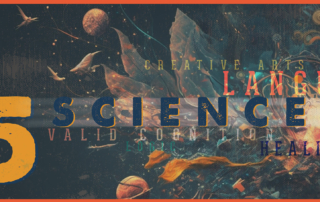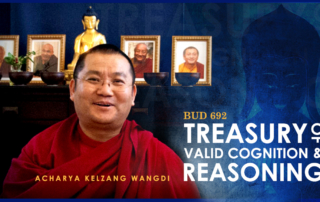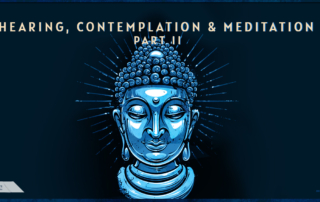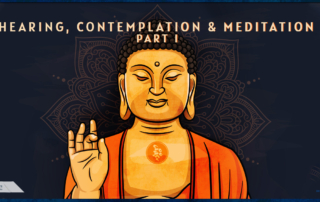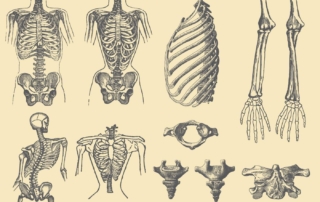Mind and Its World I: Valid Cognition
This is the first course in Nitartha’s curriculum, and one of many that will be offered at this year’s Summer Institute in July. This course explores the question: How do you obtain accurate and valid knowledge about the world? That’s the subject of pramana, or Buddhist epistemology. We typically assume that what we know about the world is valid. But is it? Our mind processes information so quickly, it responds so fast to what’s happening around us that we usually don’t realize when we are having a conceptual experience that is not actually in agreement with the object that we are experiencing. In this course, we become able


